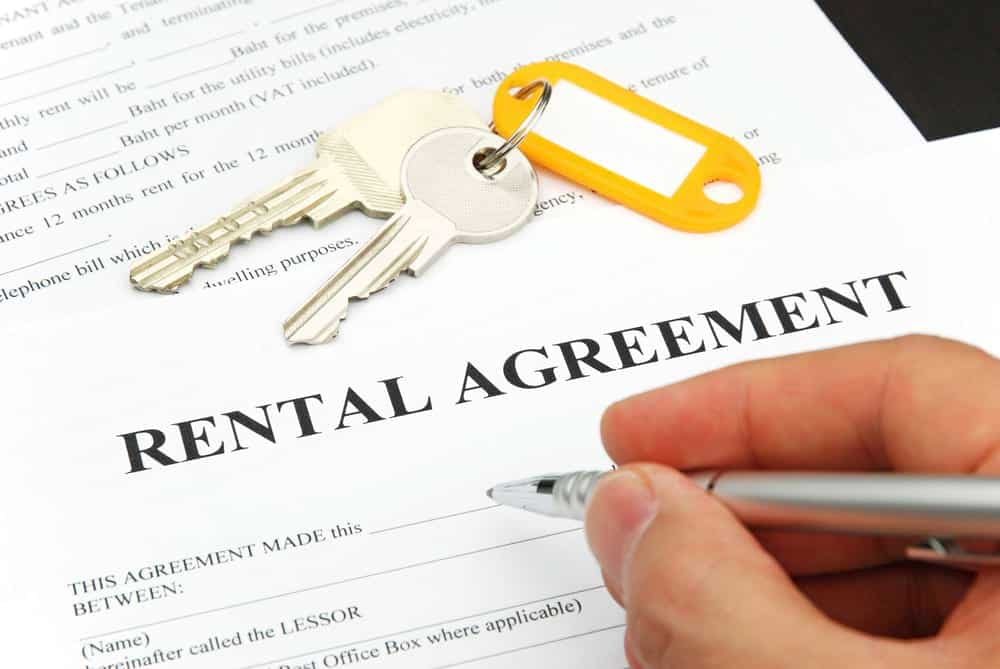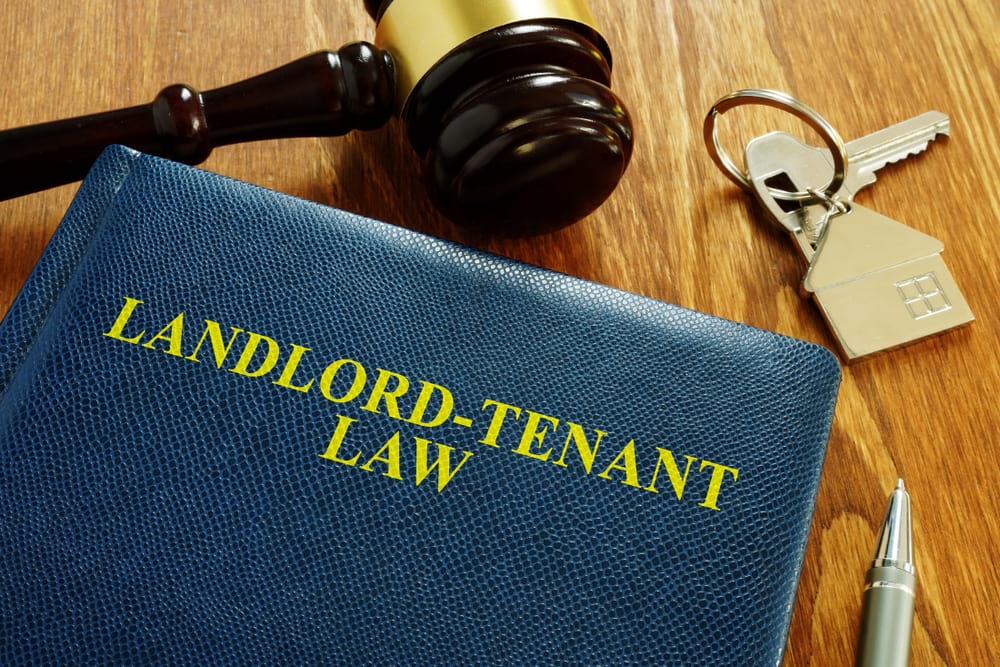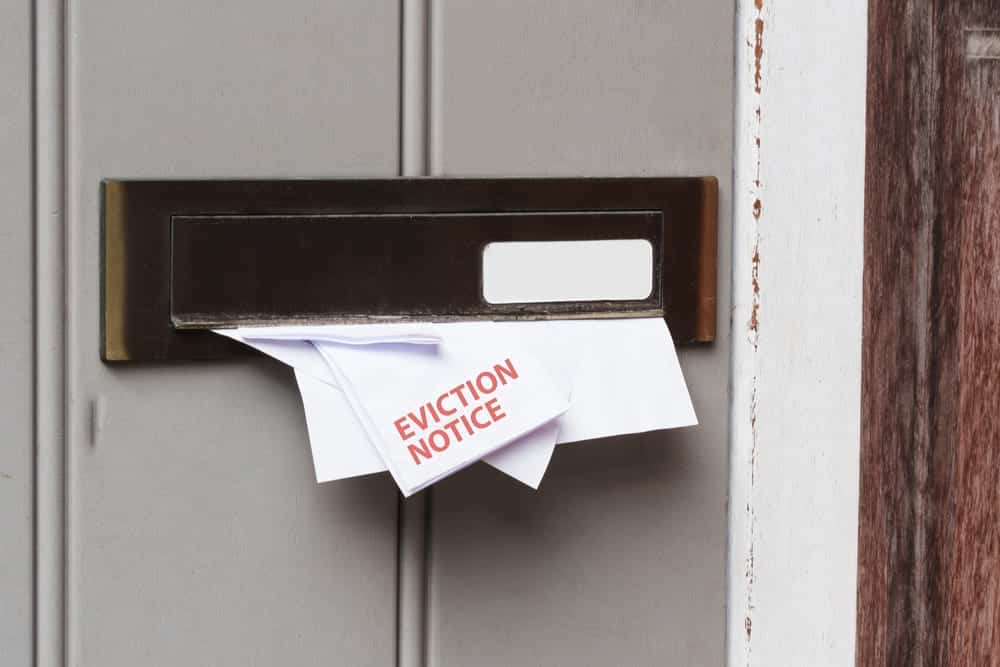Getting a Section 21 notice can be highly stressful.
Many think that they’ll need to leave their homes immediately and fear being made homeless.
Thankfully, this is not often the case.
But exactly how long does a Section 21 eviction process take? Read on to find out.
What is a Section 21 eviction?
A Section 21 eviction is a process that landlords can use to reclaim their property.
It is commonly used so they can avoid selling a tenanted property and can instead sell a vacant one. (Many landlords believe that sitting tenants devalue properties).
A less formal name for it is ‘no fault’ evictions, as the landlord doesn’t require a reason for you to be evicted.
Note that unless the tenancy is near its end, these notices cannot be given if the tenant is contracted to live there.
The Section 21 notice needs to be served to the tenant and will give them at least two months to leave the property.
However, this doesn’t mean that a tenant must leave at this point, as the landlord must apply for a possession order.
How long does a Section 21 eviction process take?
Depending on how quickly the courts can process the application, there is no set time to complete a Section 21 eviction.
Notice period
As mentioned, the first stage is the tenant being served the Section 21 notice.
The landlord should give written notice to their tenant.
From this point, the tenant will have at least two months to leave, but the landlord can give the tenant more time.
When this period ends, the landlord cannot evict a tenant. Nor can they hire someone to evict them before they have received a possession order.
Many tenants will use the Section 21 notice period to find somewhere else to live and move out before the notice period ends.
This is ultimately the best thing for both parties unless other means can prevent the eviction.
Eviction process
Most tenants won’t want to be forcibly evicted, and a landlord wants to avoid the time and cost of going through the courts.
If it does go to the courts, it can drag on considerably. At best, it can take several weeks, but the process can take months.
It depends on the court’s backlog and how quickly they can process claims.
In some cases, the tenant may challenge the eviction by contesting the Section 21 notice or defending the possession order application in court.
This can further delay the process, and it may take several months before the case is heard in court and a decision is made.
Can I delay or prevent a Section 21 eviction?
A tenant can delay or prevent the process in a couple of ways.
Negotiation with landlords
Firstly, is to negotiate with the landlord and ask them to stop the process. This can often be achieved by solving the initial issue, such as paying any rent arrears.
Going to court
The second way to do it is to challenge the notice through the courts, which can often be done using an N244 form.
Here, you can only argue against the legalities of the notice.
For example, the notice will be invalid if the landlord hasn’t protected your deposit and returned it to you. (They typically have
Another reason you can argue against Section 21 is if they haven’t given you adequate notice.
There are a few other reasons why a Section 21 notice may be invalid, and if you want to fight it this way, the best idea is to get legal advice.
What to do when you are issued a Section 21 Notice
You don’t need to panic if you’ve received a Section 21 notice.
You have plenty of time to find new accommodation, and the council will also help you find somewhere to live.
Decide your plans
The first thing you need to consider is whether you want to stay in the home you’re in. If so, then try to negotiate with the landlord and resolve the situation.
An agreement can often be reached, but if the landlord is adamant about evicting you, you must leave if the notice is valid.
Challenging validity of landlord’s case
You may want to challenge the validity of the notice and whether it was correctly served. If you feel you have a strong case, it’s best to get legal help.
However, most tenants’ reality is that it would make sense to start looking for alternative accommodation as soon as possible.
What you don’t want to happen is bury your head in the sand and end up being evicted by bailiffs.
If there’s no negotiating with the landlord, then it’s best to be proactive and focus on where you will live next.
This way, you can minimize the impact on your life and look forward to putting the Section 21 notice behind you.




















